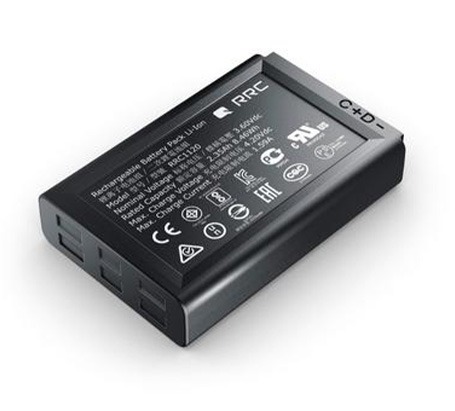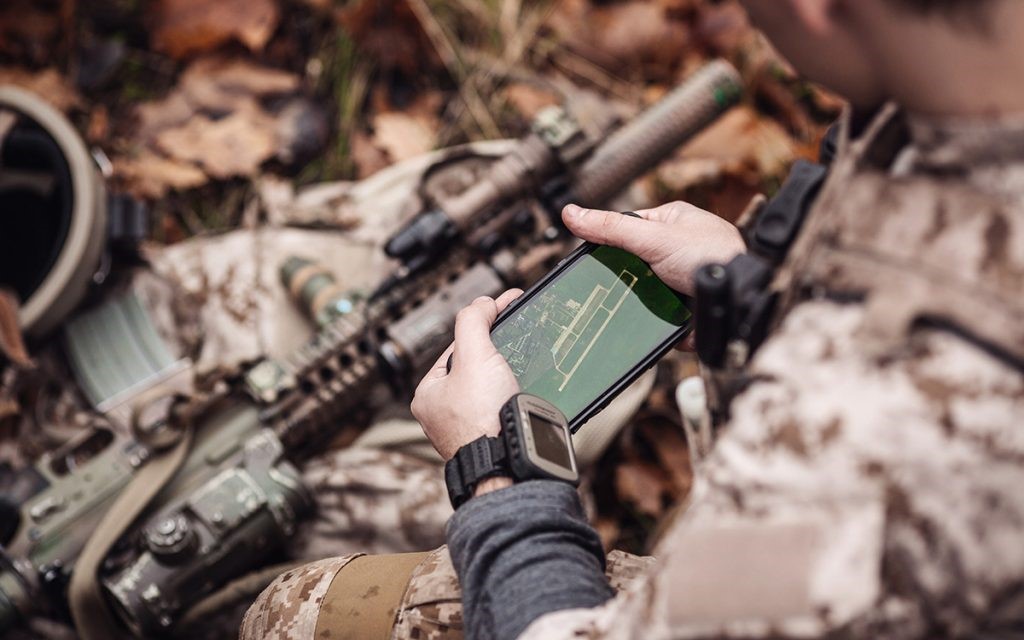In modern military operations, having reliable and portable power is crucial. A soldier typically carries several devices such as radios, night-vision goggles, and GPS units that all need consistent power. Rechargeable lithium batteries with chargers have become the go-to choice for powering these essential tools. They offer significant advantages over older battery types, enhancing the efficiency and mobility of soldiers on the battlefield.
Lightweight and Portable Power
One of the most significant advantages of military batteries using lithium technology is their lightweight design. Soldiers must carry all their gear on foot, often for long distances. Traditional batteries, such as nickel-cadmium or lead-acid, add unnecessary bulk and weight. In contrast, rechargeable lithium batteries provide a much higher energy density, meaning they store more energy without adding excessive weight.
This reduction in weight allows soldiers to carry more supplies or equipment without compromising their mobility. A lighter load means less fatigue and better operational efficiency, which can be a game-changer in demanding combat situations.
Longer Operating Times
Rechargeable lithium batteries offer longer operating times compared to older technologies. This extended battery life means soldiers can use their equipment for longer periods without needing to change batteries frequently. This is crucial for devices like communication radios or surveillance systems, where running out of power in the middle of an operation could compromise the mission.
With fewer battery changes required, soldiers can focus more on their tasks and less on managing their power supply. This also reduces the amount of spare batteries that need to be carried, further lightening their load.
Fast Recharging Capabilities
Another major benefit of rechargeable lithium batteries with chargers is their fast charging capability. In combat situations, downtime for charging equipment can be costly. Lithium batteries have the ability to recharge much faster than other battery types, such as nickel-based alternatives. This rapid recharging allows soldiers to get their gear back up and running quickly, minimizing downtime.
Additionally, portable and solar-powered chargers can be used to recharge batteries in the field. This means soldiers can rely on renewable power sources, allowing them to maintain a steady power supply even in remote areas with no access to traditional electricity.
Durability and High Performance in Extreme Conditions
Military operations often take place in harsh environments, ranging from hot deserts to freezing mountains. Military batteries made from lithium are designed to handle these extreme conditions. Unlike other battery types, lithium batteries maintain their performance even in extreme temperatures, ensuring that soldiers’ equipment functions reliably under all conditions.
Lithium batteries are also more durable and less prone to damage from vibrations or impacts. This makes them suitable for soldier-worn equipment that may be exposed to rough handling, ensuring that power remains steady even in the toughest environments.
Reduced Maintenance and Cost-Effectiveness
Rechargeable lithium batteries require far less maintenance than traditional battery types. They have a longer lifespan, with the ability to undergo hundreds or even thousands of charge cycles before needing replacement. This reduces the need for frequent battery replacements, saving time and money for military operations.
Although lithium batteries can have a higher upfront cost, their longevity and reliability make them more cost-effective in the long run. By reducing the number of batteries needed over time, military units can save money and reduce logistical complications related to supplying spare batteries.
In conclusion
Rechargeable lithium batteries have transformed the way soldiers power their equipment. They offer lightweight, durable, and efficient power solutions that are critical for modern military operations. With benefits like longer operating times, faster recharging, and high performance in extreme conditions, lithium batteries have become the top choice for military batteries.
Emerging Power specializes in providing cutting-edge rechargeable lithium batteries with chargers that meet the unique demands of military applications. Our products ensure that soldiers have reliable, high-performance power for their critical equipment, allowing them to focus on their mission without worrying about power shortages.


